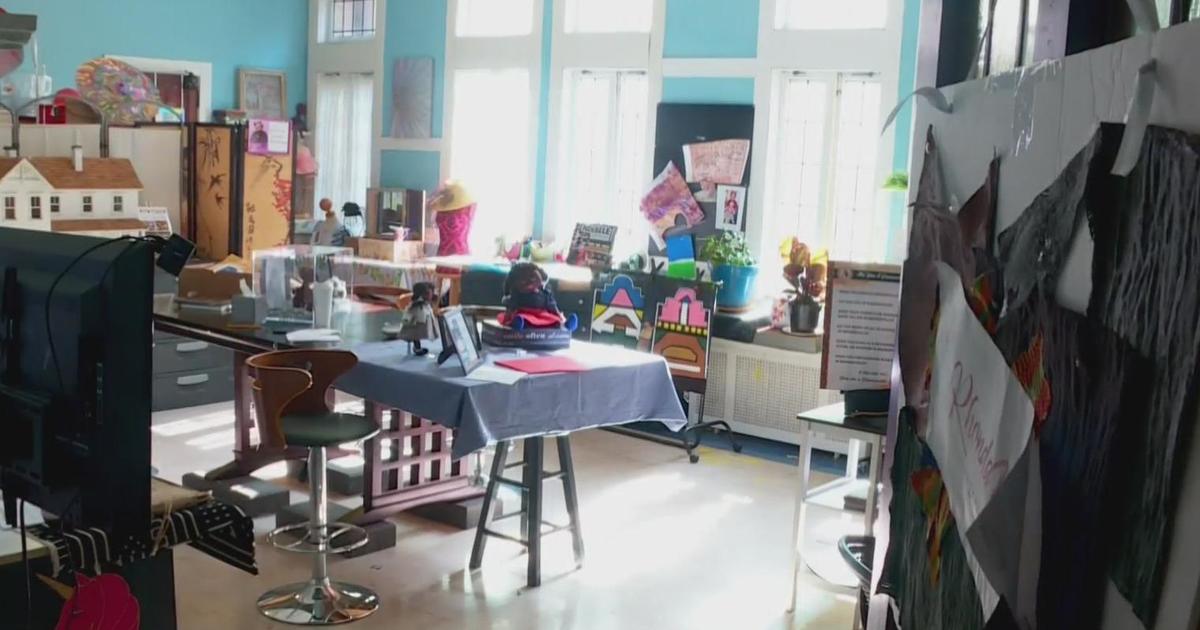Advocates For Disabled Hail State's Decision To Close 2 Institutions
CHICAGO (CBS) – Gov. Quinn says budget problems leave him no choice and he'll have to close two living centers that care for people with disabilities.
But many living with disabilities say they want them closed, CBS 2's Dana Kozlov reports.
Many disabled people -- and advocates in that community -- call developmental centers institutions that needlessly segregate the disabled from the rest of society. They say shutting them down would change that and save the struggling state a lot of money, too.
Mike Ervin has a form of Muscular Dystrophy. With home care help, he's been living on his own for most of his adult life -- something he cherishes.
"The main thing to me is all the little things, all the little decisions, everyone makes every day," Ervin says. "When am I going to get up, what am I going to do, what am I going to eat?"
That's why Ervin, along with dozens of disability community activists, has been pushing Quinn to move toward shutting down all developmental centers in Illinois.
They say there are better ways for the disabled to live -- if the right state-funded support is available -- whether it's home help care like Ervin receives or living in a community group center.
"There needs to be a blanket system throughout the state, where people with disabilities can live in their home communities and be served appropriately," says Amber Smock, director of Access Living.
Experts say it makes fiscal sense. Its costs about $53,000 each year per person for home or group community care versus up to $200,000 a person for developmental center living.
Quinn's administration supports the cost-effective alternative.
"There's a lot of debate and certainly concern that any transition be done safely and carefully and thoughtfully," Quinn aide Jerry Stermer says.
But not everyone agrees. Many AFSCME union members and parent groups argue they need the developmental center options to provide care no one else can.
Ervin says there may not be options for everyone currently, but he adds, "It's time to start developing them."
Some also charge AFSCME wants to keep the centers open to keep union jobs.
An AFSCME spokesperson says the union supports freedom of choice.



